On the night of September 23, 1993, young RAF gunner Corrie McKeague headed for a night out in Bury St Edmunds, Suffolk, England.
The 23-year-old expected to have a fun night, drinking with his friends until the early hours. Indeed, he did, though the night would end catastrophically for Corrie.


He wound up vanishing without a trace. His final moments were caught on CCTV; he was seen wandering into a secluded area, and then the trail went cold. No more footage was picked up after this point.
What could happen to this fit, young, healthy man that would stop him from making his way home like he had so many times before?
Corrie’s disappearance made headline news in the UK, and his missing person’s case became one of the most high-profile in modern times.
Had something terrible taken place, or had Corrie had an accident? If it was the latter, why was there no trace of him to be found?
The case would eventually be cracked, though many unanswered questions remained in what was an undeniably heartbreaking conclusion.
This is the sad—and highly unusual—story of Corrie McKeague.
The Night Corrie Disappeared
It was late summer in 2016, and Corrie McKeague was out with friends in Bury. Corrie was known for his extroverted nature and rarely said no to a night out.
The evening began much like any other of Corrie’s Friday nights: a few drinks in the local pub before heading to town to go to Flex nightclub.
Corrie had been enjoying himself, perhaps drinking a little too much, though, since he was asked to leave Flex by the bouncer for being “too drunk.”
The doorman would later say Corrie wasn’t causing trouble or acting inappropriately but was simply too intoxicated and ought to call it a night.
Corrie didn’t argue with the bouncer and accepted that his night had ended. After a brief but friendly chat with one another, Corrie said goodbye to the doorman and left the nightclub while his friends remained inside.
By this point, it was around 1:20 am, and Corrie decided he’d walk further into town to grab some fast food. He headed to his regular haunt, a pizza shop called Mama Mia’s, to soak up the alcohol with a kebab.
He was 10 miles away from his base, RAF Honington, and had no means of transport to get back there.
The walk back wasn’t an easy one, either: many of the roads back to the base were poorly lit or not meant for pedestrians.
So, Corrie decided to do what he’d done many times before and take a nap in a doorway to help sleep off the effects of alcohol.
This was all captured on CCTV right up until 3:25 am when he was seen walking into a blind spot on Brentgovel Street, an area with several commercial “wheelie” bins.
The dustbins were big enough to fit dozens of trash bags into, and none of them were padlocked. A number of businesses in the area used the loading bay to park their bins and dispose of their rubbish.
Corrie never emerged from the blind spot. If he had, CCTV would have picked him up. It was as if he’d walked into Brentgovel Street and simply evaporated.
When Corrie didn’t return to base, his friends became concerned. He’d always made his way back, and they knew something was up when he hadn’t texted or answered calls.
The McKeague family were quickly contacted, and it became clear Corrie hadn’t tried to get in touch with any of them, either.
The police were called, and an investigation into Corrie’s final movements began. However, the investigation would offer far more questions than answers.
The Investigation
Following Corrie’s disappearance—which was entirely out of the norm for him—Suffolk police began one of the most immense missing person investigations in recent UK history.
They started by reviewing all available CCTV footage of Corrie on the night he vanished.
The footage showed him entering the horseshoe area where the industrial bins were. Officers watched and waited for the footage to show him exiting, but it never did.
Something had happened to Corrie on Brentgovel Street, but they had no idea what. All CCTV of the surrounding areas was scoured, but there was no sign of Corrie.
A subsequent police search of the area showed no sign of him. In fact, there was nothing at all, aside from the CCTV, to show Corrie had been on Brentgovel Street at all.

This meant there were a few options as to what had happened: either Corrie managed to leave the street in a way the cameras didn’t pick up, or something sinister had happened at the blind spot, and Corrie was still there.
Neither option truly felt plausible to law enforcement, though.
The mystery was only going to get more puzzling when investigators’ attention soon turned to the big industrial bins that lined the street where Corrie was last seen.
He’d already taken a nap in a doorway; could he have sought respite from the harsh weather inside one of the bins?
Officers tracked the route of the bin collection that day. Sure enough, the bins on Brentgovel Street had been taken in the early hours of the morning when Corrie vanished.
They also made an attempt to locate Corrie via his cell phone, which was either switched off, broken or had run out of power by 8:00 am the morning of his disappearance.
Again, this offered more questions than answers.
His phone had moved 12 miles from Bury St Edmunds to Barton Mills, a journey that took him less than half an hour.
This wouldn’t have been possible for Corrie to do on foot, leading police to believe he had been transported there via a vehicle.
A further examination of the bin lorry that collected waste in the area that morning found the recorded weight of the load it collected to be significantly heavier than usual.
Could Corrie have fallen asleep in the bin and been thrown into the lorry, thus being horrifically crushed?
It was a heartbreaking thought and one the McKeague family didn’t want to believe was true. Still, it seemed the only plausible answer to his inexplicable vanishing.
In February 2017, five months after his disappearance, the police began searching the landfill site near where Corrie’s mobile phone last pinged.
It seemed unlikely they’d find his body since it had been months since the lorry he’d allegedly been carried in had emptied its contents there.
Still, Suffolk Police wanted to find answers, and that meant scouring over 1000 square yards of waste, digging as deep as 25 feet in the garbage to hunt for clues.
However, the McKeague family wasn’t confident the police were heading in the right direction. They felt something more sinister had happened.
After all, Corrie’s car wasn’t far from where he’d last been spotted: if he’d wanted a nap, why not choose his car instead of filthy bins?
The landfill site search brought no clues, nor did another search later that year. Then, a human skull was found, though subsequent testing found it to belong to a female who’d vanished in the 1940s.
Thousands of tonnes of garbage had been sifted through, and there were no signs of Corrie.
Years passed, and millions of pounds had been spent searching for him. The McKeague family also offered £50,000 for anyone who could give information that led to the discovery of Corrie.
However, by the spring of 2018, Suffolk Police announced they were stopping the search and concluded they had no more investigative options. It was crushing news for the McKeague family.
The Heartbreaking Conclusion
After years of exhaustive searches, police interviews, and analysis of Corrie’s last known movements, law enforcement determined that, tragically, he passed away due to misadventure.
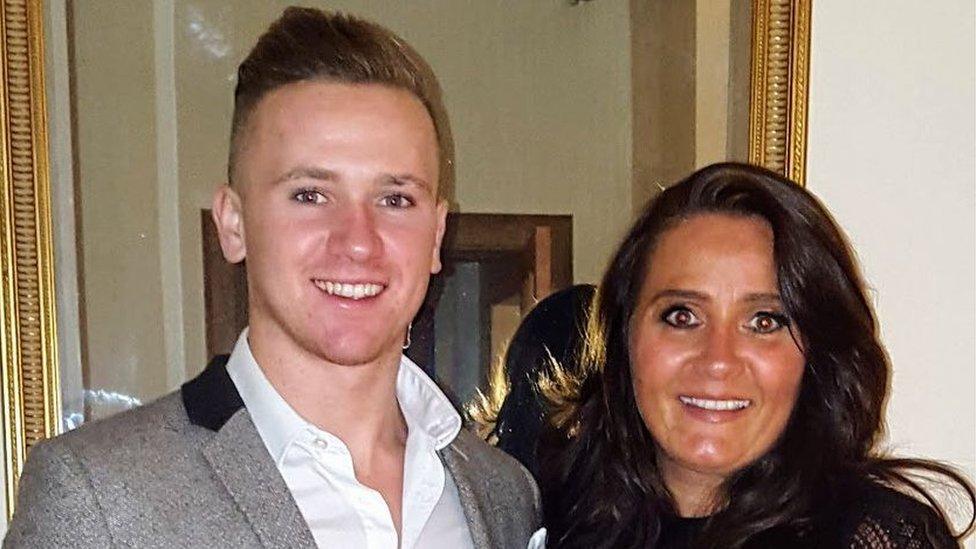
Although his body was never recovered, the police say he likely passed away after falling asleep in a commercial bin and was tragically crushed after being transported to the landfill site.
Due to Corrie being intoxicated, the police are certain his passing was accidental, and he never meant to put himself in harm’s way.
Still, many met this conclusion with skepticism.
Some critics of the bin lorry theory suggest that this theory took precedence over others, meaning other lines of inquiry weren’t looked into. It seemed to many that foul play was never a route that was truly explored.
Corrie’s father would later say he felt his son took his own life after finding out he was going to become a father, though this theory was quickly debunked when it was found he was still unaware of this fact prior to his disappearance.
In fact, his girlfriend only texted him after his vanishing to let him know he was going to be a dad.
Although the police consider the case closed, many don’t truly accept the bin lorry explanation.
Certainly, Corrie’s body has never been found, leading theorists to wonder if something more sinister happened to the promising RAF gunner.
Sources
https://www.bbc.co.uk/news/uk-england-suffolk-60833539
https://www.dailymail.co.uk/news/article-10639987/Missing-Corrie-McKeague-23.html

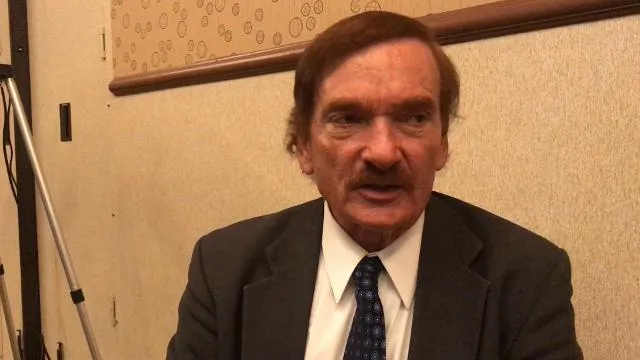
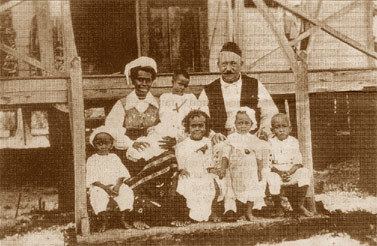
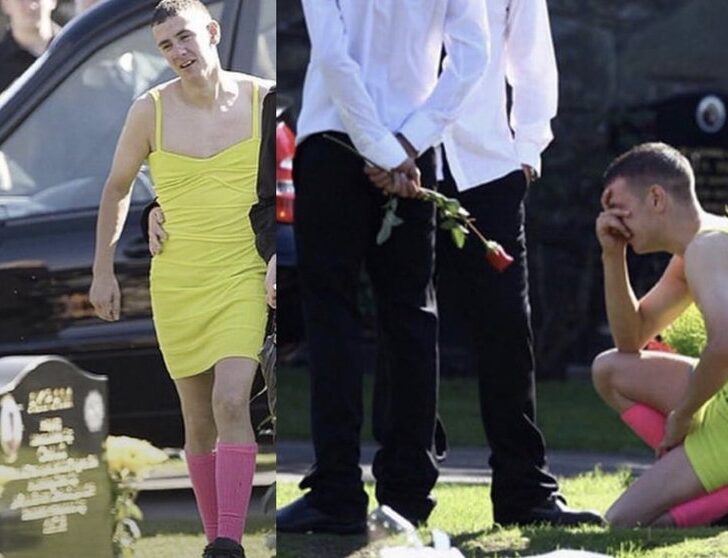
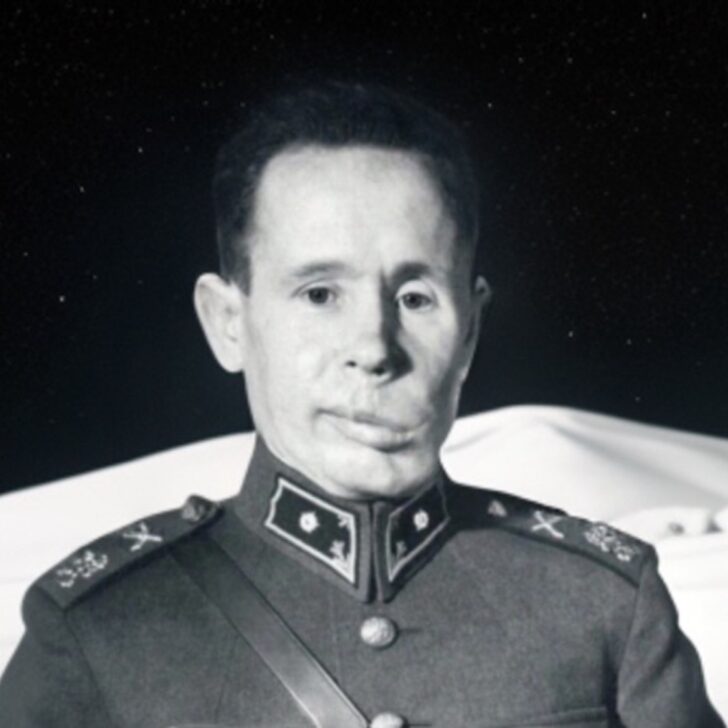
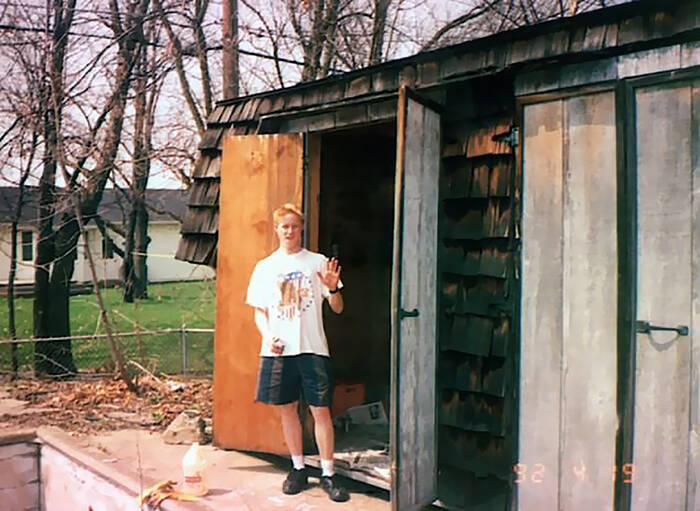

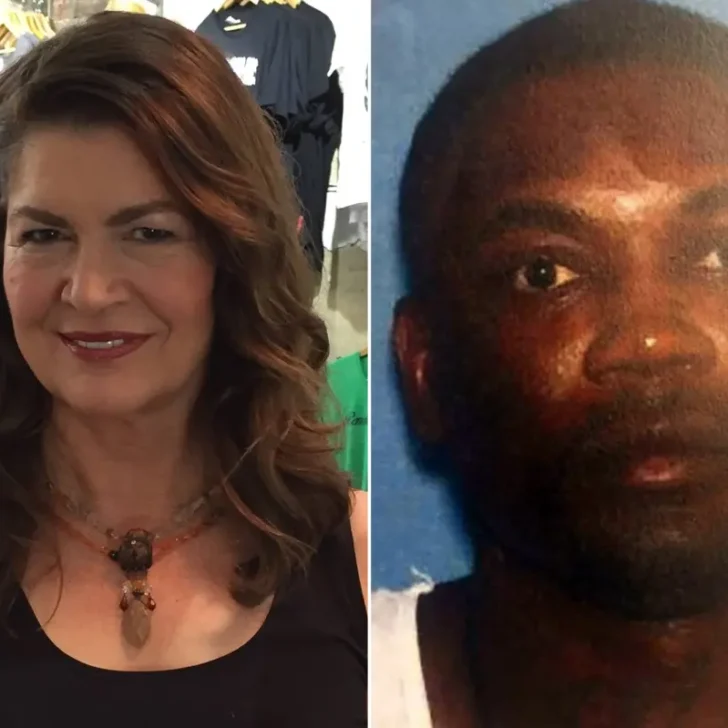


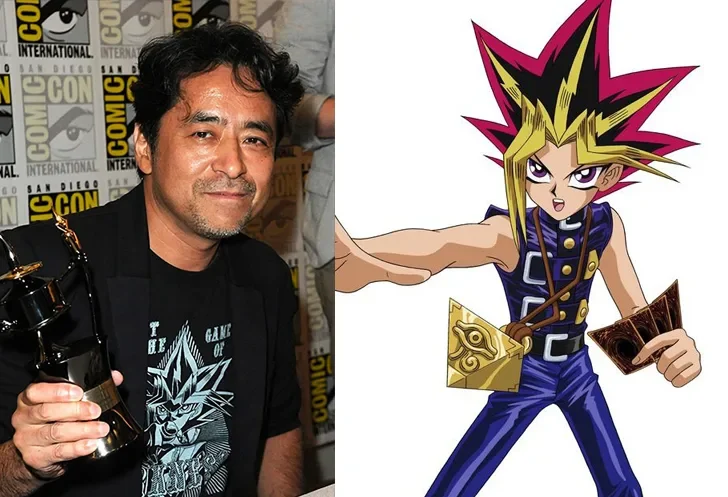


Leave a comment